Silver Lining? Adam Goodes points out the young girl who abused him racially in 2013. Photo: SYDNEY MORNING HERALD
The ugliness unleashed by football fans’ mass racial sledging of Adam Goodes from 2013-15 has been a blight on our game ever since. “Our failure to stand with (Goodes) at the time it was happening and call it out was a stain” on the AFL, league chairman Richard Goyder admitted last month.
Having seen a series of olive branches rebuffed by Goodes since he was hounded out of the game within sight of 400 games, the league appears anxious to achieve the appearance of something, anything, in the way of progress on this running sore of an issue. On Monday, its website cherrypicked a nine-month-old corporate promotional podcast featuring Goodes and Sydney chairman Andrew Pridham, in which the two-time premiership Swan speaks in general terms about how Australians could be more open to talking about racism and “showing empathy for Indigenous people and culture” than they might otherwise have been in 2015.
“I’m glad that 13-year-old girl called me an ape (in 2013, see photo above) because it has ended up where we are today. Now I feel like we’re in a place today that five years ago we probably might not have been as a nation,” Goodes said in the just-released podcast.
Published by the AFL, The Age and the Sydney Morning Herald, such comments appeared at face value to be something of an about-face by Goodes, who was deeply hurt by these events and the AFL’s tepid response, and has kept himself at arm’s length from the game in the years since.
“Perhaps they’re the precursor to a reconciliation,” casual readers might have concluded.
Not so fast. The AFL website failed to mention that these comments – which were about changes to the perceptions of Australians in general, not football fans in particular – were made six months before Goodes snubbed an invitation into the Australian Football Hall of Fame because he no longer feels a love for the game in which he became a champion.
The dual Brownlow medalist “did not wish to accept the honour of being admitted to the Hall of Fame while he felt estranged from football and the AFL, and no longer participated in the game at all,” sources close to Goodes told The Age in June. So much for reconciliation.
In the podcast, Pridham speaks of cultural change on issues like racism among the relatively well-heeled “staff and customers” of the company he co-founded, corporate advisory and equities group MA Financial. Notably, neither he nor Goodes referred to the mixed demographic bag that is your average AFL crowd, where ‘cultural change’ seems to have been nothing short of glacial.
Consider just a few of the incidents of crowd racism that followed Goodes’ departure from the game: in 2016, a Port Adelaide fan threw a banana at Crow Eddie Betts, an act described as “unambiguously racist” by AFL CEO Gillon McLachlan; the following year, both Betts and Port’s Paddy Ryder were racially sledged by opposition fans during a Showdown.
Cultural change has – at least in one instance – been glacial at club level too. Tellingly, February’s ‘Do Better’ report revealing systemic racism at Collingwood was spun as a “proud day” for the club by president Eddie McGuire, who was quickly forced to admit he had “got it wrong” before an unprecedented outcry forced his resignation.

Following the ‘Do Better’ debacle, McGuire’s televised, tin-eared acceptance of Taylor Walker’s scripted apology to Indigenous player Robbie Young for racial abuse in July (above) was the second time this year he’s been exposed as more-than-happy with the performative act of “accepting responsibility” (be it his own or Walker’s) without either having done the ‘hard yards’ of making meaningful change to date. Remember McGuire’s profuse (and heavily-publicised) apology to Goodes after the abovementioned ‘ape’ sledging in 2013, followed days later by his “King Kong” on-air affront?
PLEASE HELP US CONTINUE TO THRIVE BY BECOMING AN OFFICIAL FOOTYOLOGY PATRON. JUST CLICK THIS LINK.
It’s part of an ongoing pattern in AFL circles, of which McGuire is merely the highest-profile, most gaffe-prone executant. The AFL website’s seizing on Goodes’ nine-month-old, outdated and out-of-context podcast commentary is similar in the sense that the illusion of change (in this case, a non-existent “about-face” from Goodes, feeding illusory hopes of “reconciliation” with the league) was hyped, despite actual, more recent evidence to the contrary.
In fairness, the AFL made a few moves on race that may exceed the performative. Among them was the six-match suspension and $20,000 fine handed to Walker (who must also undertake an education program) and the appointment following Goodes’ retirement of its first Indigenous executive, Inclusion and Social Policy manager, Tanya Hosch.
But these and other moves may turn out to be window dressing as well, with Hosch’s position under threat from cost cutting and internal politics, and Walker no certainty to emerge from his education program a changed man. According to psychologists, meaningful attitude change involves the reversal or critical analysis of experiences, social factors, learning, conditioning and observations built up over years or decades.
“You have to give people an opportunity to learn from their mistakes and be better,” former Richmond and Collingwood small forward Andrew Krakouer said.
Is a box-ticking education course mere weeks in duration going to make a difference? And how exactly do you turn around the attitudes of those teeming thousands who drove Goodes from the game? Perhaps they’ll turn the tide with a snappy, performative ad campaign.
The paying and viewing public, of course, is the AFL’s livelihood. Perhaps this explains McLachlan’s position on the booing of Goodes before his contrition-in-hindsight: “I can’t tell supporters how to behave. Our game has always been an outlet for people to express themselves…”
The league’s subsequent apology to Goodes in 2015 was buried out of easy view, as was the expiry of its Reconciliation Action Plan, a commitment to be more inclusive of Indigenous people and players, the following year. All performance art, no action: perhaps you’re beginning to understand why Goodes is still seething.

Racial abuse of Adam Goodes persisted through to his 372nd and final game. Photo: Adam Trafford, AFL
It’s time for me to declare a vested interest on this subject: I barrack for Sydney, and Goodes was my favourite Swan. I was there in 2015, listening to the bogans as they regurgitated at high volume the coded racism helpfully provided by the doyens of newspaper commentary and talk-back radio: “you’re a sook, Goodes!”; “you play for free kicks!”; “I don’t hate Goodes because he’s black; I hate him because he’s a wanker!”; “you don’t hear me having a crack at Lewis Jetta, do you?”
That’s right, Terry from Thomastown. You had a go at Goodes, not Jetta, because the former had a bit to say about taboo topics like closing the gap and the stolen generations; because they made him Australian of the Year; because he was both a tall poppy and an uppity man of colour.
He ticked all the racist, elite-bashing boxes, really.
COVID-19 lockouts notwithstanding, I haven’t seen much in the way of enhanced enlightenment in the outer since then. The recently-retired Betts agrees, pointing to racially-motivated online trolling this season and the Walker slur as showing not a lot has changed.
“I don’t feel like it’s safe (for Indigenous players) at the moment. I feel like there’s still a lot of racism; every year we see myself and the other Aboriginal boys standing up, trying to call it out, trying to make a stance,” Betts told The Age.
What’s lacking in the combustible mix of footy and race right now is someone like Goodes, a tall poppy who stuck his metaphorical neck out and had it chopped off. That player – high in profile and angry or idealistic enough not to give a damn about speaking his mind – will appear again one day.
Then we’ll find out if the AFL has learned the lessons of its recent past. Will we see a meaningful response, or a performative one?
The cynic in me insists it’s the latter.

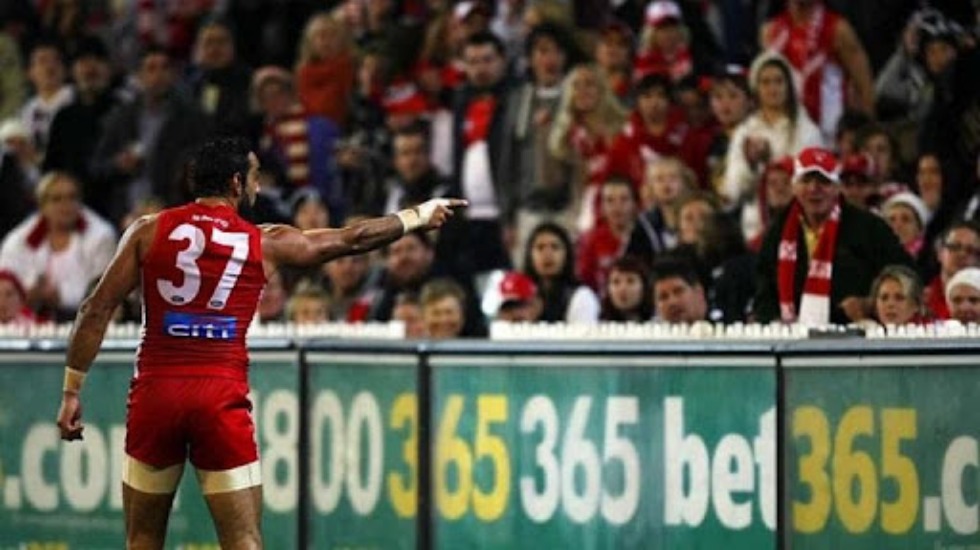

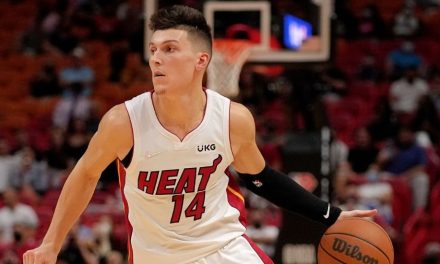
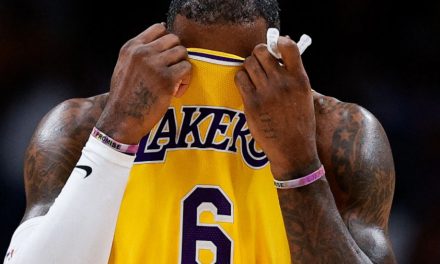

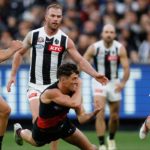
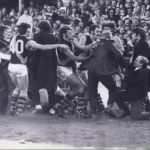


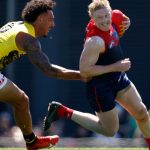

Let’s see how Eddie goes in the Murdoch media. My guess is that he won’t last long.